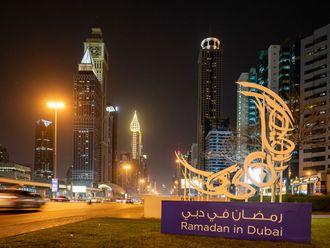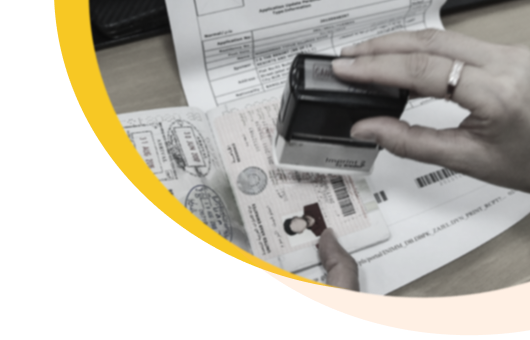
Abu Dhabi: Come Wednesday and Abu Dhabi will launch one of its most ambitious initiatives to promote environmental sustainability – the ban on the distribution of single-use plastic bags in the emirate.
Launched by environment sector regulator, the Environment Agency Abu Dhabi (EAD), the move aims to promote more sustainable choices among residents by reducing the availability of single-use plastics. In this first phase, the most obvious change will be the need for residents to either bring along their own multiple-use shopping bags to the store, or to pay an additional charge for every multiple-use shopping bag that is provided.
The ban is part of the Abu Dhabi Single-Use Plastic Policy, which will gradually also aim to decrease the use of 16 other single-use plastic items like cutlery and lids, and also ban Styrofoam products by 2024.
Ahead of the ban on Wednesday, here is all you need to know:
Will all plastic bags be banned in Abu Dhabi from Wednesday?
Currently, only single-use plastic grocery shopping bags will be banned from distribution, starting June 1, 2022. Ultra-thin bags, like the ones used for meat or vegetables, are exempt from the ban, as are trash bags, bin liners and pharmacy bags.
In line with the policy, retailers and store staff are also being encouraged to ask shoppers if they need a plastic bag when making a purchase.
What bags can I use when grocery shopping?
Reusable bags that have the least environmental impact will be offered by the retailer, regardless of the material they are made of. You will also be able to bring your own reusable bags, or reuse single-use plastic bags that you already have with you.
The goal is to reduce plastic consumption overall, and also to promote reuse.
Do I have to pay for the any grocery shopping bags made available by retailers?
Last week, major retailers committed to charging a fee on reusable bags they offer customers. The exact amount per bag will be decided by each outlet.
For instance, Carrefour UAE says on its smartphone app that it will charge 25 fils for every additional bag or box that is provided.
Will the ban be extended to other single-use products?
As part of the Abu Dhabi Single-Use Plastic Policy launched in March 2020, Abu Dhabi will eventually work to reduce the consumption of 16 other single-use products, including water bottles, cutlery and lids. EAD studies have found that these 16 products contribute to 85 per cent of marine litter on beaches in Abu Dhabi.
A ban on Styrofoam products will also be implemented in 2024.
Officials earlier told Gulf News that any bans or policies to curb use will first take into consideration the availability of viable alternatives for consumers.
What is the wisdom behind banning single-use plastic bags?
Single-use plastics are made primarily from fossil fuel–based chemicals, and are meant to be disposed right after use. Research has shown that most single-use plastic bags are used for an average of 20 minutes before being discarded. They then end up in marine bodies and land masses, resulting in the deaths of millions of birds and fish each year, including dugongs, dolphins, turtles, and camels in the UAE. Plastic remnants have also been shown to enter human bloodstreams, resulting in adverse effects on human health.
According to a report presented at the World Government Summit 2019, the UAE uses 11 billion plastic bags each year, which is three times the global average if usage is calculated per person.
How are multiple-use plastic bags better than single-use ones?
The Abu Dhabi Quality and Conformity Council has released specifications for multiple-use carrier bags, which ensure that the bags are more durable even if they are made of plastic.
According to an EAD representative, multiple-use plastic bags in Abu Dhabi must be about 50 microns in thickness. In contrast, single-use plastic bags are just 18 to 21 microns thick, and therefore do not last over multiple uses.
Multiple-use plastic bags must also have a load-bearing capacity of at least 15 litres.



_resources1_16a30b2ba42_small.jpg)










